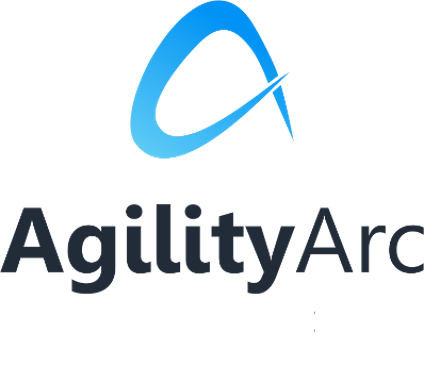From Tribal Knowledge to Scalable Innovation: The Path to Process Mastery
- JJ Jung
- Mar 27
- 3 min read
From Tribal Knowledge to Scalable Innovation: The Path to Process Mastery
3 min read
·
5 hours ago
When I first introduced a framework for digitizing processes in an established company, I started with a simple truth: process forces consistency. I explained this to my QA department by showing how consistent workflows turn chaos into order — especially in something like software testing.
Once processes are integrated and working together, you don’t just have isolated steps — you have a system. That’s how you begin to systemize your business. And once you have a system, you open the door to improvement: simplification, automation, and efficiency.
But then you run into what I call “Tribal Heroes.”
These are the people who’ve figured things out in their own way. They’re smart. Experienced. But their knowledge lives only in their heads. It’s not documented, digitized, or repeatable. They become irreplaceable. The company relies on them to “save the day” when things go wrong — and that’s risky. So the big question is:
How do you capture that knowledge without threatening your Tribal Heroes?

Introducing the Framework:
Perfect Your Science. Modernize Your Art. Innovate Your Company.
Over the years, I developed this framework to help shift fixed mindsets around process into a growth-oriented culture.
1. Perfect Your Science
Tribal knowledge doesn’t become a true process until it’s documented or digitized. Your “science” must be:
Learned
Questioned
Tested
Challenged
Agreed upon
I use a simple analogy:2+2 = 4 and 3+1 = 4. Both get the same result — but which is more efficient? When you share the process and open it up to scrutiny, you can find better ways together. Once the process becomes public knowledge, it can be collectively perfected.
That’s when your Tribal Hero can move on to…
2. Modernize Your Art
With the core science now standardized, your former Tribal Hero can do what they do best: create.
They can:
Solve new operational challenges
Use tech to automate what they once did manually
Upskill and think beyond the day-to-day
Collaborate on higher-value work
Once their knowledge is transferred or encoded into systems, they’re not threatened — they’re empowered. They get to use their talents for innovation rather than firefighting.
Collective intelligence thrives when people use both their Science and their Art. A great example? The Apollo 13 mission. When “Science” said it was impossible to get the crew back, the team on Earth used creative problem-solving — “Art” — to make it happen. The solution? Commercial-grade duct tape. True story.
3. Innovate Your Company
Innovation happens when you challenge the status quo — whether it’s an undocumented process or an outdated system. But what happens when the Tribal Hero refuses to share or adapt?
They stop being heroes.They become bottlenecks.
If your business is handcuffed to individuals, you’re exposed to serious risk: client loss, stalled growth, and reduced margins. Worse, this often includes the business owner themselves. As Michael Gerber put it in The E-Myth Revisited:
“Your business should run without you.”
He calls it your franchise prototype — a business model that anyone can follow because it’s fully documented, clear, and repeatable.
Final Thoughts: Operating Systems > Individuals
If you want sustainable growth, you can’t rely on any one person’s memory or heroics. You need documented, testable, teachable processes. That’s how you scale. That’s how you build culture. And that’s how you free your best people to become innovators — not just operators.
Because innovation only happens when people challenge the system — whether it’s the Tribal Hero/Business Owner or the system itself.
Ask us how we can build you your own "Agility Operating System" to scale!

